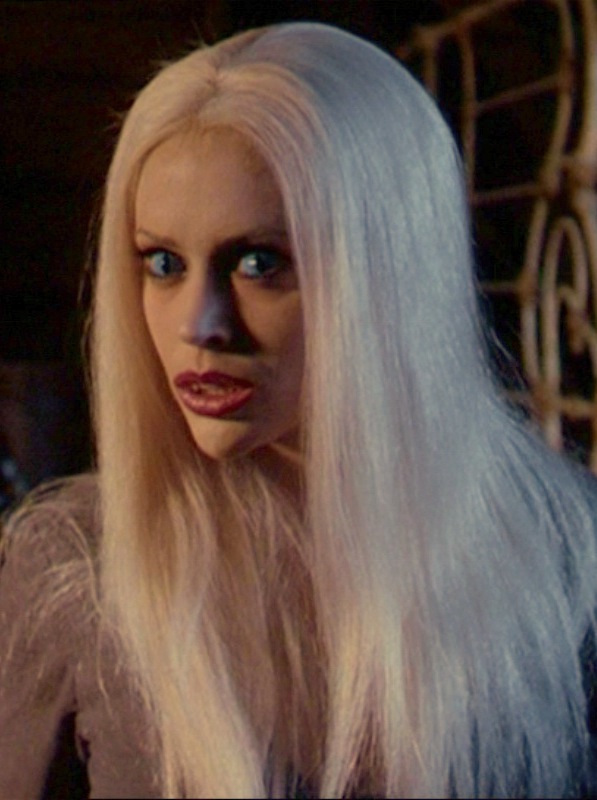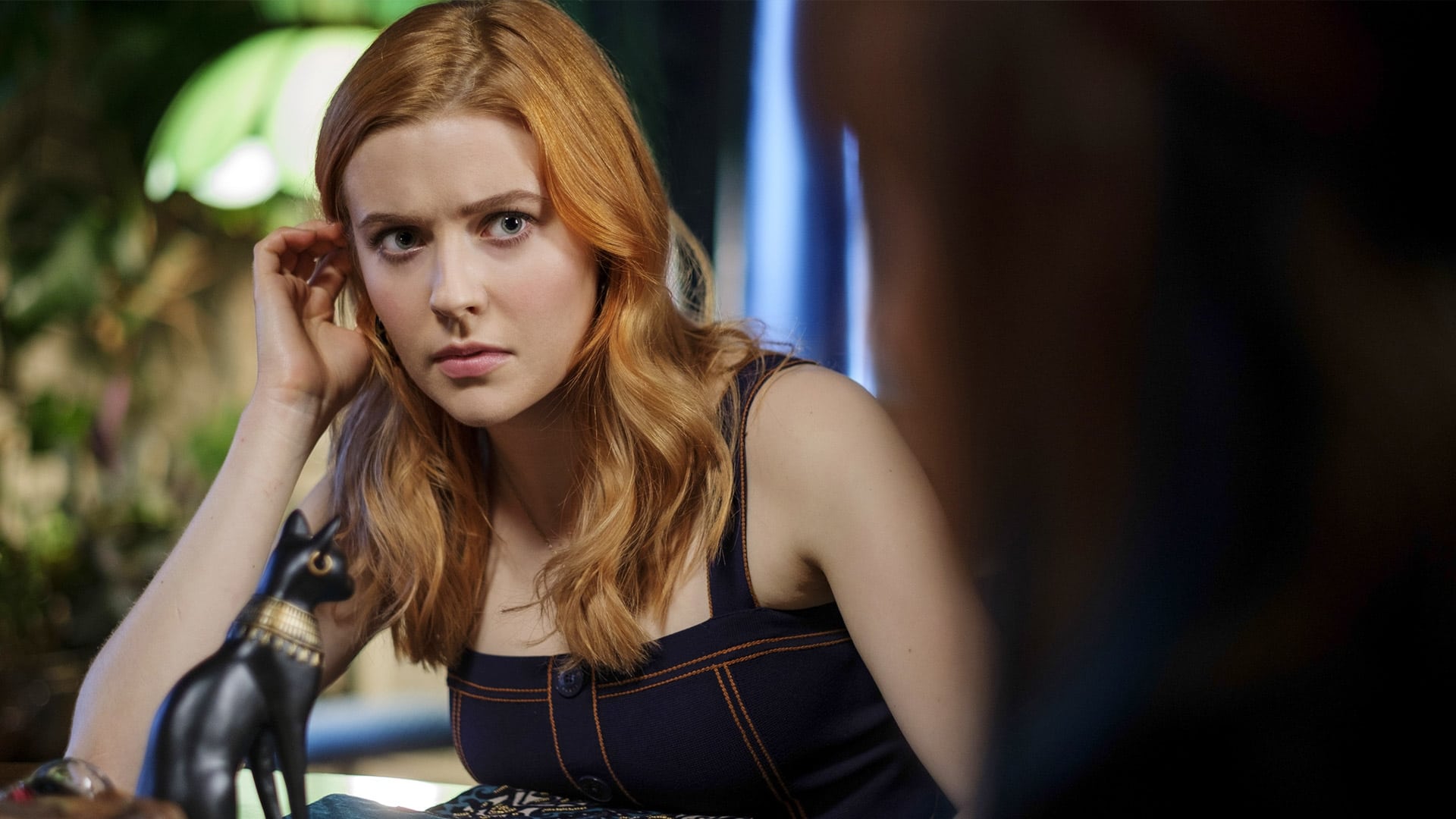

And much like the original, Gossip Girl’s revival follows a cadre of self-involved rich kids, but its story also serves as a deconstruction of the toxicity of social media in general and among teens in particular. ABC’s new take on The Wonder Years isn’t just trying to capitalize on Boomer and/or Gen-X nostalgia, it balances universal coming of age tropes with stories that are specific to the experiences of Black Americans in the 1960s that the original series often ignored. They don’t really have anything new to say, nor do they provide us with any further understanding of the characters or stories we once loved, seemingly content to simply rehash that which has come before.īut every so often a reboot or remake comes along that genuinely surprises you. Everything old really is new again, and to be honest, it’s kind of exhausting.īecause the problem with many (most?) of these remakes, reboots, and revivals is that, as a rule, they’re merely trying to capitalize on the known quantity of it all without actually doing much in the way of exploring, interrogating, or otherwise reinventing the things the original property (be it a show, a book, or something else) set out to do.

Gossip Girl is terrifying a new generation at Constance Billiard over on HBO Max, teen horror staple I Know What You Did Last Summer is getting reinvented as an Amazon Video limited series, and updates on familiar titles like The Fresh Prince of Bel-Air, Clueless, and Cruel Intentions are all in the works. It’s the reason we’re getting more Dexter, even though the original series had one of the absolute worst endings of any television show ever made. It’s why Sex and the City is, somehow, inexplicably returning to our screens nearly two decades after it first ended.

Known quantities are all the rage in our current television landscape.


 0 kommentar(er)
0 kommentar(er)
